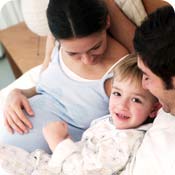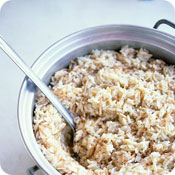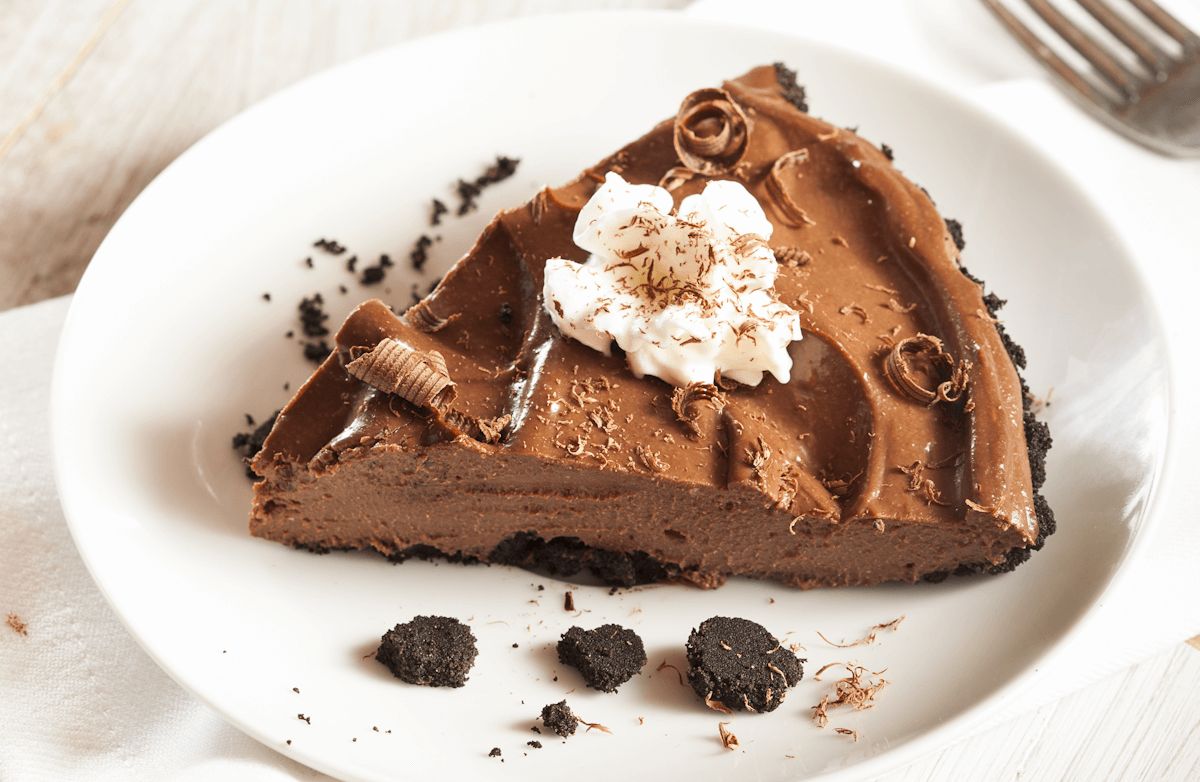 Mother Nature is a wise woman, and her herbs and plants can alleviate plenty of ailments. However, when you're pregnant, you need to be extra careful about what supplements you take and what herbal drinks you consume. Herbal supplements that were perfectly safe for you before pregnancy might cause pregnancy complications or harm your baby. Herbs are all-natural, but natural is not synonymous with safe, especially when you're "with child."
Mother Nature is a wise woman, and her herbs and plants can alleviate plenty of ailments. However, when you're pregnant, you need to be extra careful about what supplements you take and what herbal drinks you consume. Herbal supplements that were perfectly safe for you before pregnancy might cause pregnancy complications or harm your baby. Herbs are all-natural, but natural is not synonymous with safe, especially when you're "with child." The chart below refers to medicinal and not culinary uses of herbs. Several herbs in the chart are also used to add flavor to food. While these herbs are on the "avoid" list, they are safe to use in food, because of the small amount you consume. Unlike over-the-counter and prescription medications, herbal supplements aren't subject to the same research testing, evaluation process, and government regulations.
Herbal Supplements to Avoid This list refers to medicinal (not culinary) uses of herbs. Cooking with the herbs marked by (** ) is perfectly safe because they're used in such small amounts, even when eaten several times per week. Likewise, applying these herbs topically, such as in lotions or soaps, is also safe. These herbs should not be ingested in the form of teas, infusion teas, liquid extracts, dried extracts, tinctures, or supplements because they either lack research to prove they are safe during pregnancy, or they can induce uterine contractions, stimulate menstrual flow, and affect hormones, according to the Natural Medicines Comprehensive Database.
** These herbs are safe to use in cooking. ***While the inner bark of the slippery elm can help relieve nausea, vomiting and vaginal irritations, the outer bark of the same tree contains chemicals that could cause a miscarriage. It's better to avoid all slippery elm products, just in case some outer bark contaminated the supplements. **** A Special Note about Red Raspberry Leaf: Red raspberry leaf can have an estrogenic effect, adversely affect pregnancy, bring about uterine contractions, and is sometimes used by midwives to facilitate delivery. Therefore, it should only be used under the close supervision of a healthcare provider in the later stages of pregnancy. Do not use red raspberry leaf at any time during pregnancy without the close supervision of a healthcare provider. Safe and Possibly Safe When Used in Amounts Commonly Found in Foods The following herbs have been deemed "safe" and/or "possibly safe" by the Natural Medicines Comprehensive Database. As with any supplement, consult your health-care provider before you begin taking any herb listed below. Cranberry: Cranberries-in unsweetened juice or fruit form--are used to promote urinary health and help ward off urinary tract infections, a common ailment during pregnancy. Garlic: Ubiquitous and pungent herb, garlic is safe to use as a seasoning during pregnancy. Some studies have suggested that garlic could help prevent or lessen symptoms of pre-eclampsia, but there is not enough evidence to verify those findings. Ginger root: Many women find that ginger relieves nausea and vomiting. Available in root, tea or candy form, use fresh, organic ginger when possible. Oats: Oats are high in calcium and magnesium; they are used to soothe itchy or dry skin when applied to the skin topically. Oats are also high in fiber, which is a good reason to add them to your diet. Peppermint Leaf: This herb, often used in tea form, can help relieve nausea and morning sickness or gas. Psyllium (blond and black): With high levels of soluble dietary fiber, psyllium is a key ingredient in many bulk laxatives. Psyllium supplements (such as Metamucil) are often used to alleviate constipation, a common pregnancy ailment. Herbal Tea Primers The word "tea" is used to describe many beverages made from dried plants and herbs diffused in hot or cold water. There are two varieties: herbal and nonherbal (traditional teas). Continued ›
Page 1 of 2 Next Page ›
|






Member Comments